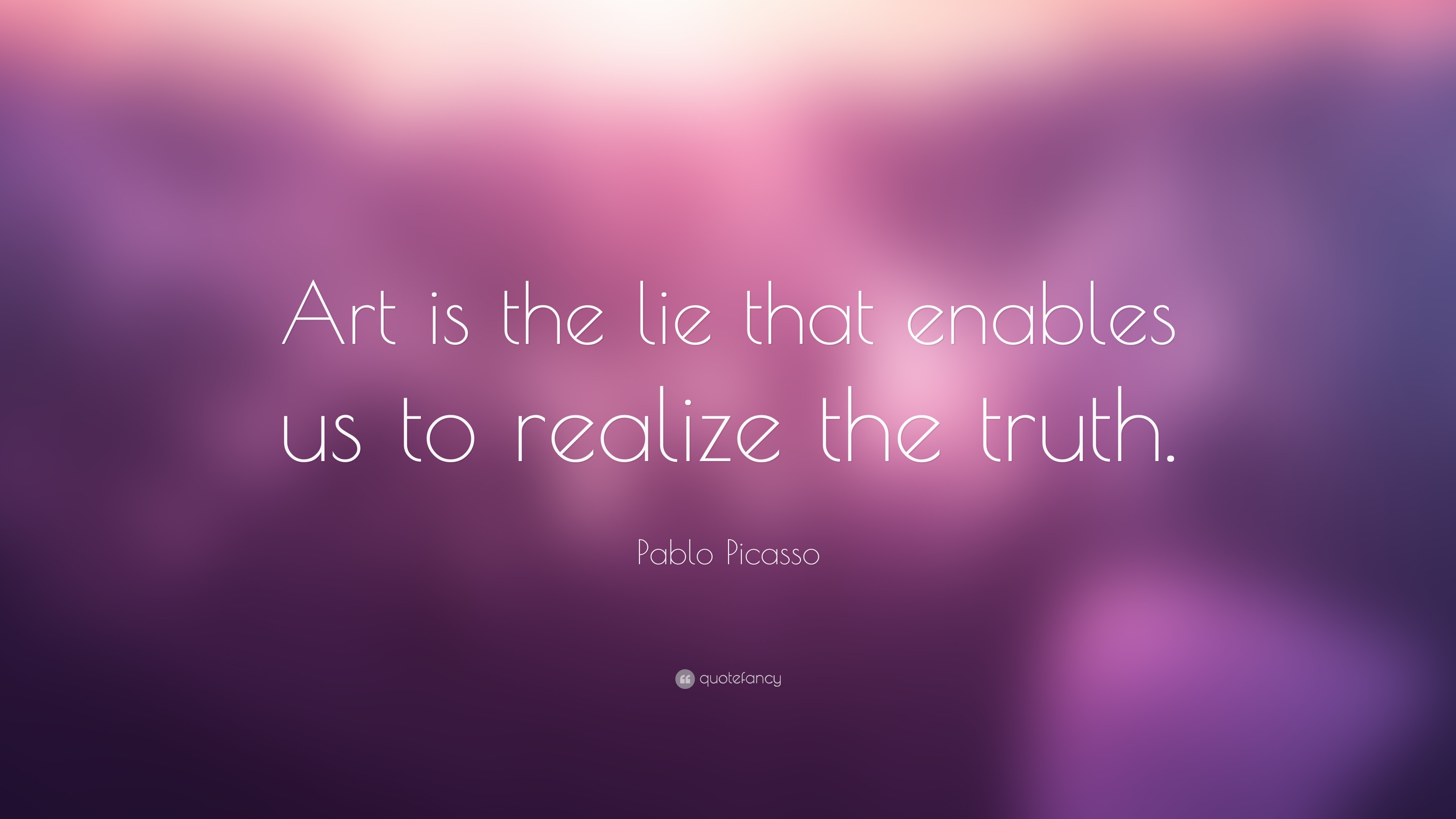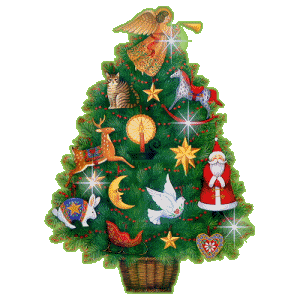
Fully into summer holidays and ancient Greek drama festivals are being held around the country. Watching at least one ancient Greek drama performance has always been in my summer holidays agenda as a natural part of it, since my hometown is close to an ancient Greek theatre with a long festival history.
Walking on the sleekly eroded stones, along with the flow of spectators, I cannot help but think of a similar procession some two and a half thousand years ago, only not for an evening’s entertainment but for an all day experience. Ancient Greeks came to watch three entire tragedies, followed by a comedy play as this was the scheme for the drama contest taking place.
There is no contest in our days, but it is definetely considered great honor for directors and actors as well to have the chance to present their work in one of these theaters. As for the audience, I am sure they share a similar attitude towards the didactic nature of ancient drama with their ancestors. The theatre in ancient Greece was regarded as a place of instruction, an educational institution.
These thoughts triggered my desire to scan the web in connection to esl/efl and here we go:
ANCIENT GREEK THEATRE AND DRAMA
bbc.co.uk photos, facts, activities, games for children
greece.mrdonn.org information, clip art for children
youtube.com tragedy and comedy
theatrefolk.com who,what, where, when of ancient greek theatre and drama

artsedge.kennedy-center.org historical development of theater in Ancient Greece for high school students along with a “Stage your own Tragedy” online application
odysseus.culture.gr theatres and odeums in Greece
whitman.edu a virtual reality tour of ancient theatre in Greece
youtube.com the ancient Greek theatre – the theatre of Epidaurus
greekfestival.gr Epidaurus festival 2014
MAKE ANCIENT GREEK DRAMA MASKS AND COSTUMES
activityvillage.co.uk mask craft
education.scholastic.co.uk mask craft
hunkinsexperiments.com dress up in a Greek chiton
LESSON PLANS ON ANCIENT GREEK DRAMA
childdrama.com a Greek play project
brighthubeducation.com Greek Theatre history in a fun way
incredibleart.org art lesson plan: Greek Theatre Masks
ket.org characteristics of Greek Theatre 
Role-playing is essential for children. Drama is a wonderful way to introduce language learning , letting kids improvise, assume roles and use the language in an entertaining way. Explore some of the thoughts and research bibliography about the use of drama in the EFL/ESL classroom in Chris Boudreault’s article at iteslj.org and also check Using Different Forms of Drama in the EFL Classroom at hltmag.co.uk
For a quick brainstorm about the different aspects concerning drama in the classroom go through this presentation:
PLAYSCRIPTS, IDEAS AND INFORMATION ON DRAMA AND LANGUAGE LEARNING
freeeslmaterials.com an extensive list of links
shellyterrell.com ideas, improvisation games, resources

esldrama.weebly.com play resources
freedrama.net free playscripts
childdrama.com lesson plans
kidsinco.com playscripts
one-act-plays.com browse this site for one-act playscripts
“All come true, all burst to light!” Oedipus
So, what can come true on your classroom stage?











